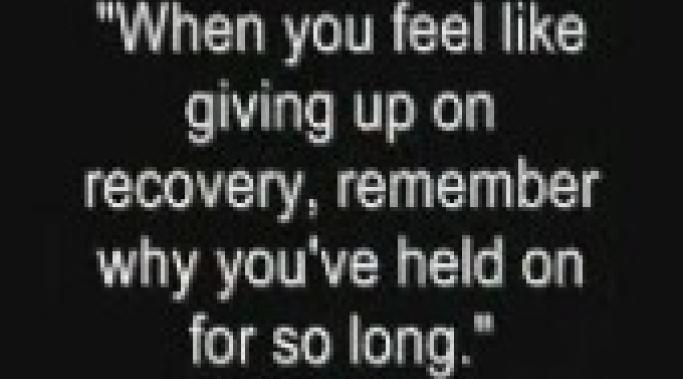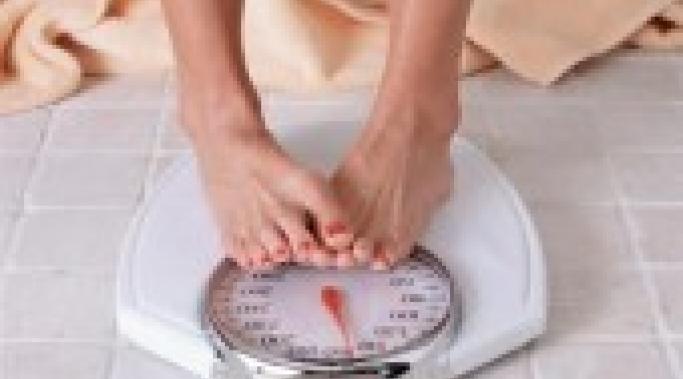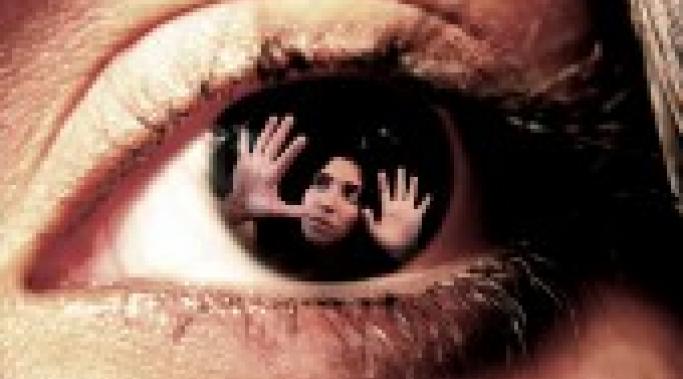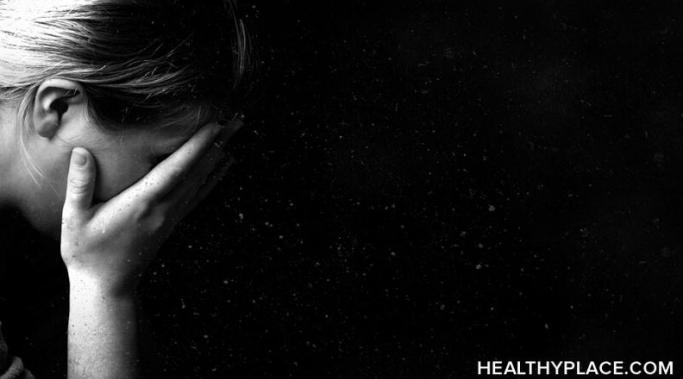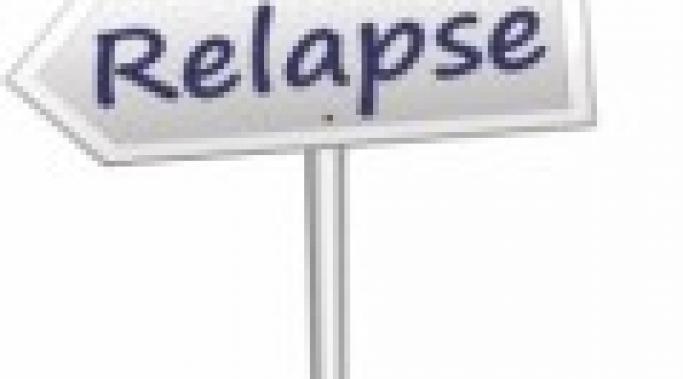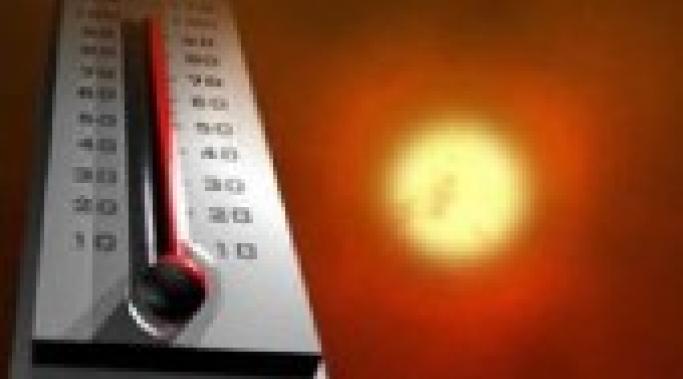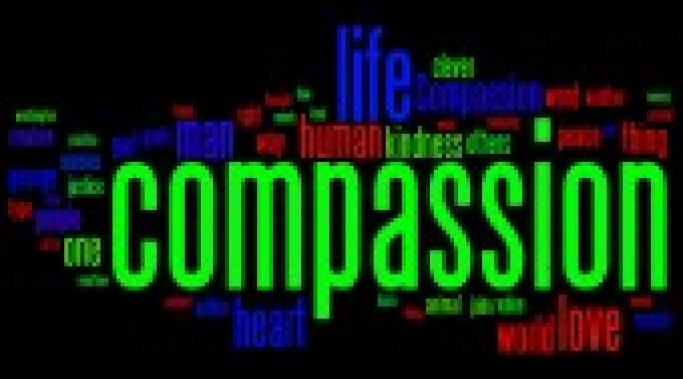The truth is, I often hate the physical aspects of recovery.
The night sweats.
The hunger pains.
The food cravings.
The breakouts of acne.
The edema.
The delayed gastric re-emptying.
The headaches.
The constipation and diarrhea.
And my ever-changing body, including, The "Buddha" Belly.
It has been enough to cause me to give up. Several times.
Surviving ED
For almost five years, I have struggled and fought to free myself from anorexia.
It has been painful, and full of tears.
It hasn't been easy. Understatement of the year.
This is what has happened:
A panicked flight from Rogers Memorial Hospital's eating disorders program. Eight hospitalizations on the psychiatric unit of an area hospital. Spectacular failure during a six-week stay at the River Centre Clinic. Plunging into alcohol and drug abuse. Multiple relapses.
Now I can finally see the other side.
In a fit of anger, I threw away my scale in January.
The temptation to buy a new one was very strong, but I knew I needed to move beyond obsessing about numbers in order to achieve true recovery.
Therefore, I haven't known my weight in almost eight months.
Until today.
And surprisingly, I'm okay with it.
For years, the fact that most people get hungry and enjoy food did not register with me at all.
I feel hungry.
That tastes so good!
I really have a craving for a big, juicy hamburger!
I did not feel those things at all. Ever. I did not feel hunger pains and food was simply something to be avoided. I rarely ate, and when I did, I ate the blandest, most boring food possible.
Plain yogurt.
A piece of thinly sliced turkey.
A small portion of rice sans salt, butter, or seasoning.
It really was easy for me to starve myself at first. There seemed to be no hunger problem in my eating disorder, until recovery.
Depression and anorexia go hand in hand.
And it doesn't end during recovery.
It started out slowly.
Not following my meal plan. Eliminating foods here and there.
It's okay. I'm still eating.
Then the apathy started. I couldn't seem to do anything. Dishes went unwashed. Laundry piled up. My study exploded with paper and books, piles everywhere. A thin layer of soap scum accumulated on the tub's surface. Bills didn't get paid.
I couldn't read. I couldn't breathe. I couldn't write. I couldn't even think.
Then on Sunday night, I took a bunch of laxatives.
Why?
Fat. Stupid. Ugly. Weak. Not good enough.
Self-hatred is a core feeling in many people suffering from eating disorders. Including me.
I've been having an internal war with myself today.
I'm too fat. I shouldn't eat. You don't deserve to eat. Don't be so weak...
My head hurt. My stomach hurt. Even my brain hurt. Eventually I give in, starving. Then...
You're a fat, disgusting pig.
I am...
A friend. A daughter. A sister. A writer. A lover of books and all things word-related. An intelligent, engaging person. A mom to my furry cat, Aliena. A curious, lively person who believes in learning.
I am me. I am not my eating disorder.
Sometimes it is hard to remember that.
It started with the heat.
I couldn't eat because I was too hot. That's a good reason. right?
Of course, I could have done a number of things to combat that. Made smoothies. Have salads with added protein of chicken or fish. Splurge on ice cream once in a while.
And I did do that, grudgingly, at first. I got a orange banana smoothie at Barnes & Noble, and felt oh-so-virtuous. See, I am trying! I'm not slipping...I'm eating intuitively.
Then I had a chicken caesar salad at McDonald's. Drizzled a minute amount of salad dressing on it. I don't want soggy lettuce, do I? Ate some of the chicken, a few bites of the lettuce. Ugh, iceberg lettuce! Don't they realize that has absolutely no nutrients?!?
Yesterday, I ate virtually nothing.
And that is the anatomy of a relapse? Or a lapse?
It is 12:20 a.m. and I'm hot. Sweaty. And decidedly not hungry in spite of the fact that I've barely eaten all day.
Then I look at my thighs. My upper arms. The little pouch of my stomach. And I groan, realizing that I'm about thirty pounds heavier than my lowest weight while in the midst of anorexia.
I want to be healthy, right? I want to be free of anorexia. . . yes?
Or am I still ambivalent after all this time?
Often, we tend to focus on the negative aspects of having an eating disorder or other mental illness.
It (almost) destroyed my career. My relationships. My marriage. My life.
All of this is true. I am still rebuilding the trust and intimacy of family relationships. My marriage is over; we will be filing for divorce soon.
And I almost died from anorexia.
However, I also have grown and become a better person because of my struggles with anorexia.
